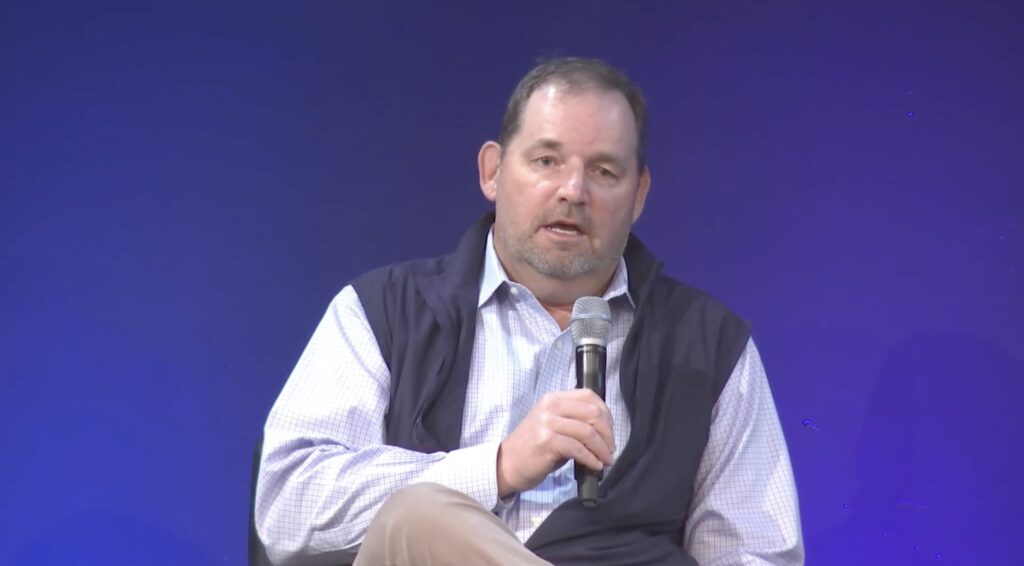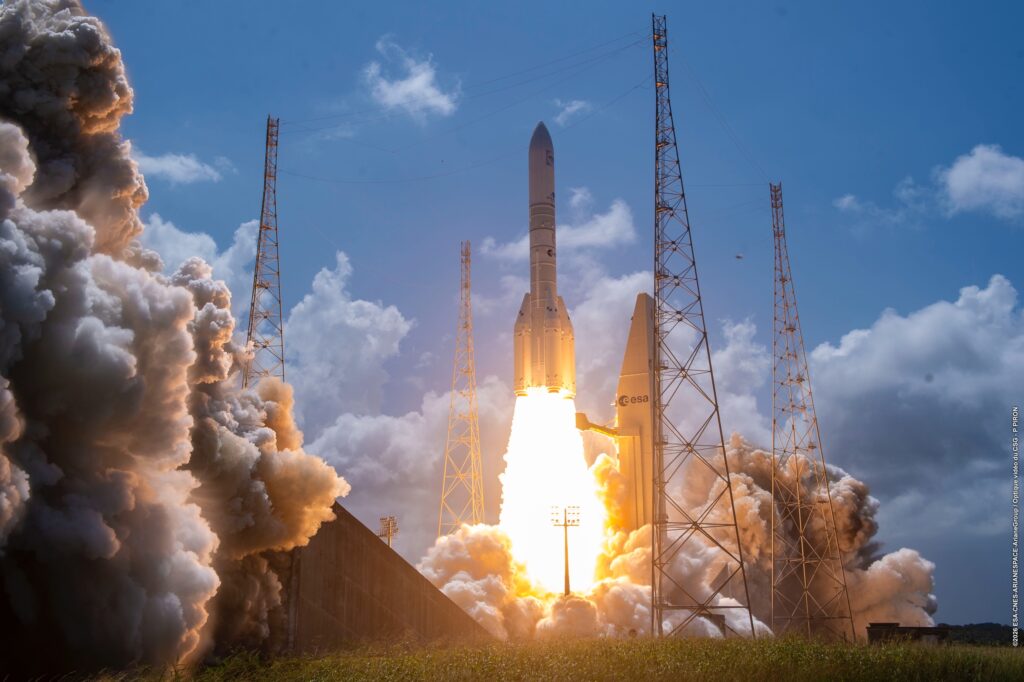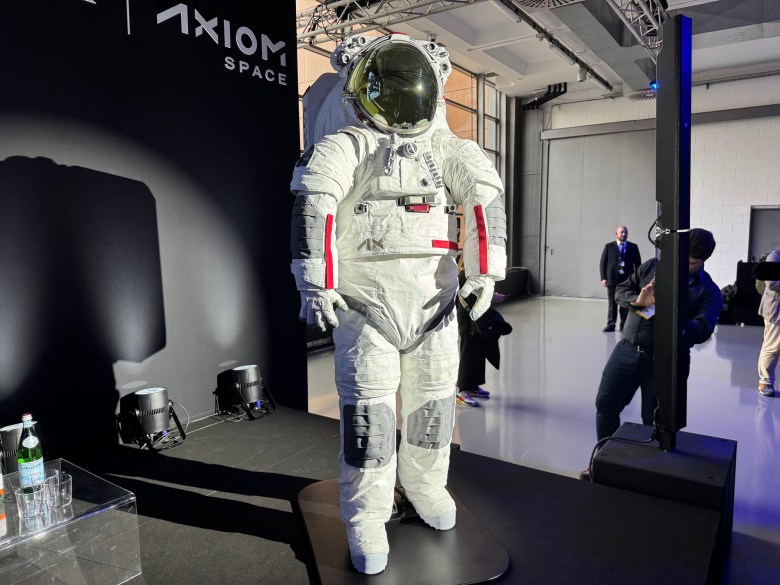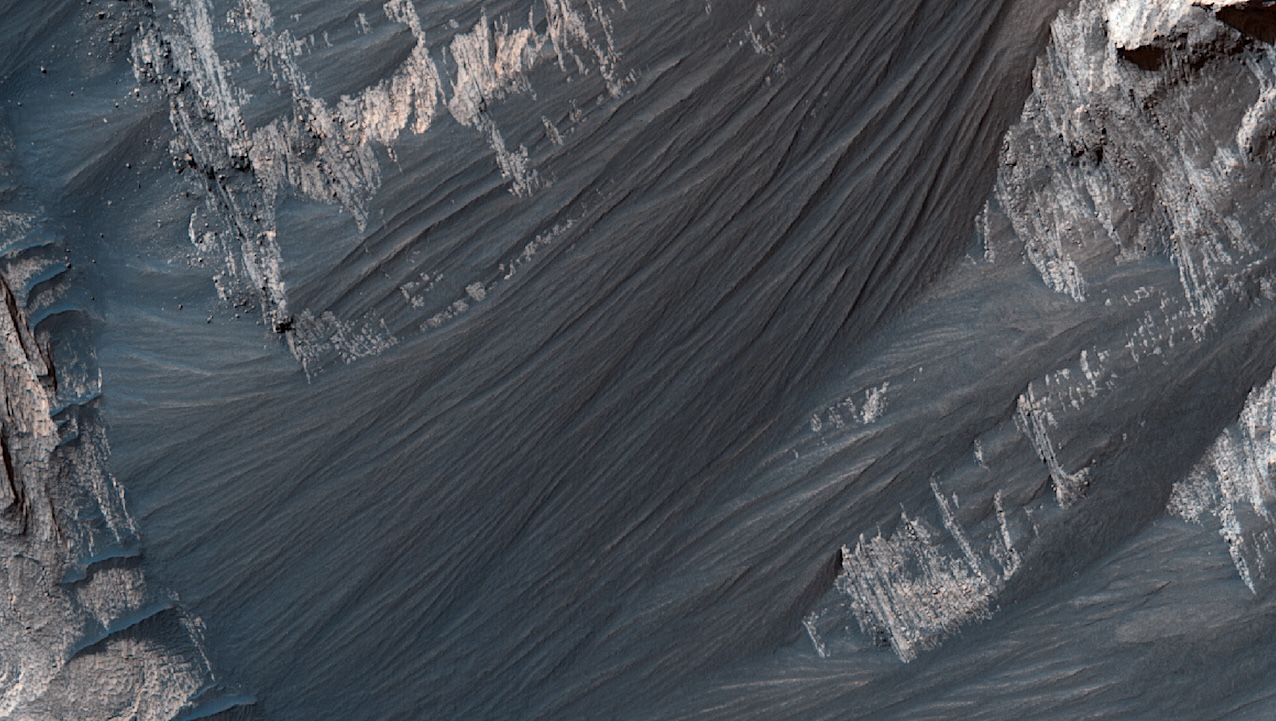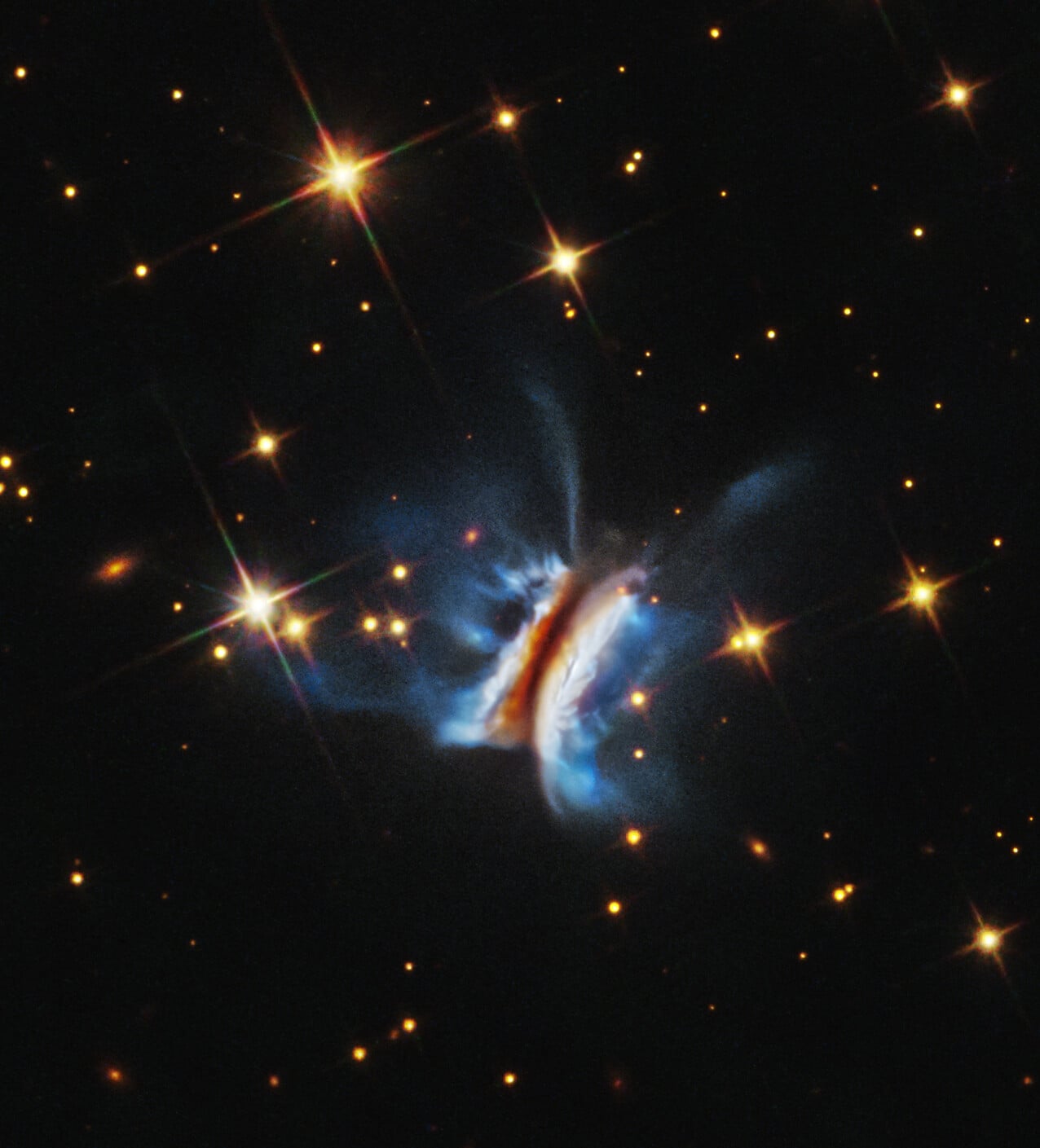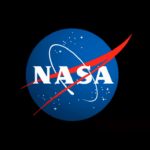Now Reading: Synspective tapped to provide satellite imagery for Japan’s new military constellation
-
01
Synspective tapped to provide satellite imagery for Japan’s new military constellation
Synspective tapped to provide satellite imagery for Japan’s new military constellation
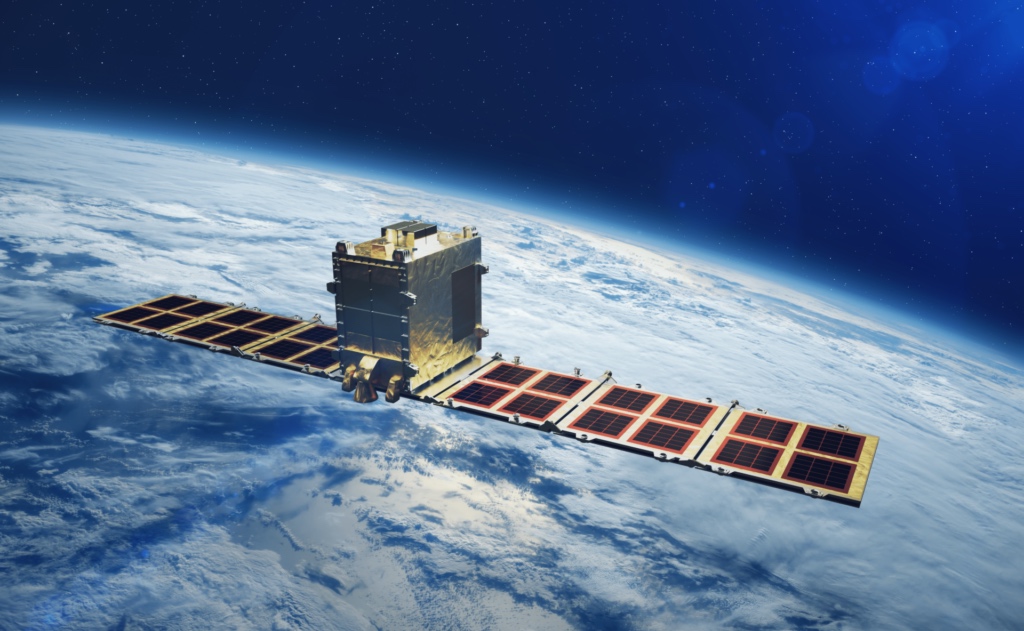
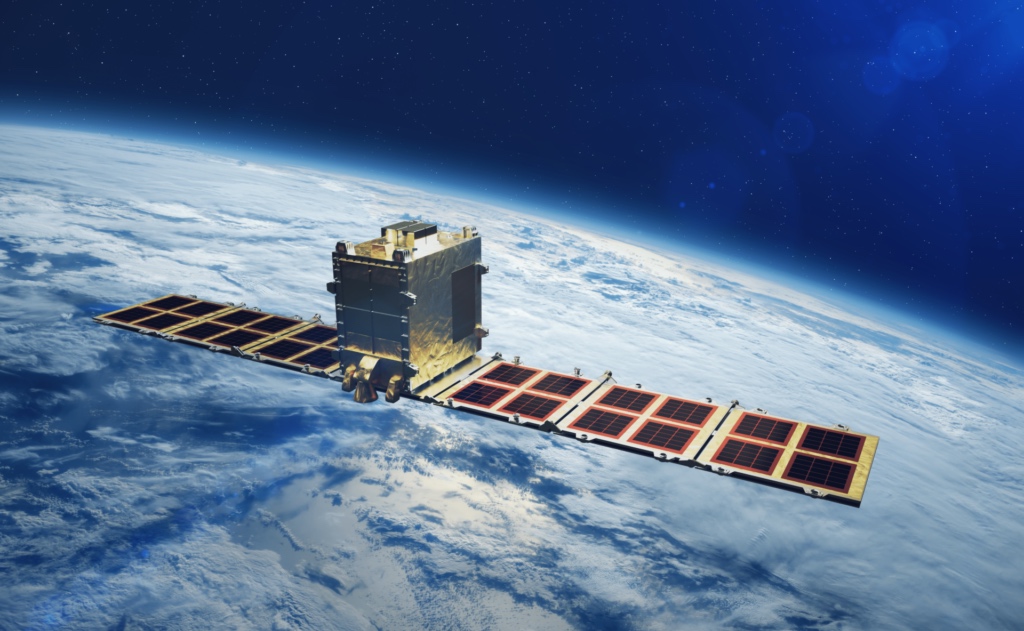
WASHINGTON — Japanese radar-imaging company Synspective has been selected as a partner in a Japan Ministry of Defense project to build and operate a satellite constellation that would give Japan’s military priority access to imagery, the company announced Dec. 25.
The project reflects a broader global shift toward using commercial remote-sensing satellites for national security missions, as governments seek faster deployment and lower costs than traditional state-owned systems.
Japan’s defense ministry selected a group of seven companies to develop and operate the constellation under a framework known as a Private Finance Initiative, or PFI — a model in which private firms finance, build and operate infrastructure while the government commits to buying services over a multiyear contract.
Under the arrangement, Mitsubishi Electric will work with trading house Mitsui & Co. and satellite operator SKY Perfect JSAT to establish a joint venture. The group is expected to sign a five-year contract with Japan’s military in February 2026, running through March 2031.
The scope of the project includes acquiring imagery from the constellation, operating dedicated ground facilities and overseeing overall program management. The goal is to provide Japan timely imagery collection by building a dedicated system that grants the government priority imaging rights.
Synspective will provide synthetic aperture radar, or SAR, imagery. Another partner, Axelspace, will serve as the project’s sole provider of optical imagery. Other participants include the Institute for Q-shu Pioneers of Space, known as iQPS, and Mitsui Bussan Aerospace.
Unlike optical satellites, SAR systems can collect imagery at night and through cloud cover, making them valuable for maritime surveillance, disaster response and military reconnaissance when weather or smoke obscures the view.
Founded in 2018, Synspective develops and operates SAR satellites and sells imagery and analytics to government and commercial customers. The company has relied heavily on Rocket Lab as the primary launch provider for building out its constellation.
Japan has previously used PFI structures for national security space programs, including military satellite communications systems operated by private companies under long-term service contracts. The new award extends that model into satellite imagery, with industry expected to shoulder development and operational responsibilities while the defense ministry purchases access and prioritization.
Japan’s move comes as governments worldwide show interest in commercial radar imagery, driven in part by lessons from the war in Ukraine and rising demand for persistent monitoring.
Stay Informed With the Latest & Most Important News
Previous Post
Next Post
-
 01Two Black Holes Observed Circling Each Other for the First Time
01Two Black Holes Observed Circling Each Other for the First Time -
 02From Polymerization-Enabled Folding and Assembly to Chemical Evolution: Key Processes for Emergence of Functional Polymers in the Origin of Life
02From Polymerization-Enabled Folding and Assembly to Chemical Evolution: Key Processes for Emergence of Functional Polymers in the Origin of Life -
 03Φsat-2 begins science phase for AI Earth images
03Φsat-2 begins science phase for AI Earth images -
 04Hurricane forecasters are losing 3 key satellites ahead of peak storm season − a meteorologist explains why it matters
04Hurricane forecasters are losing 3 key satellites ahead of peak storm season − a meteorologist explains why it matters -
 05Thermodynamic Constraints On The Citric Acid Cycle And Related Reactions In Ocean World Interiors
05Thermodynamic Constraints On The Citric Acid Cycle And Related Reactions In Ocean World Interiors -
 06Binary star systems are complex astronomical objects − a new AI approach could pin down their properties quickly
06Binary star systems are complex astronomical objects − a new AI approach could pin down their properties quickly -
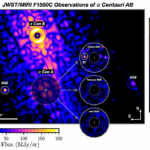 07Worlds Next Door: A Candidate Giant Planet Imaged in the Habitable Zone of α Cen A. I. Observations, Orbital and Physical Properties, and Exozodi Upper Limits
07Worlds Next Door: A Candidate Giant Planet Imaged in the Habitable Zone of α Cen A. I. Observations, Orbital and Physical Properties, and Exozodi Upper Limits












